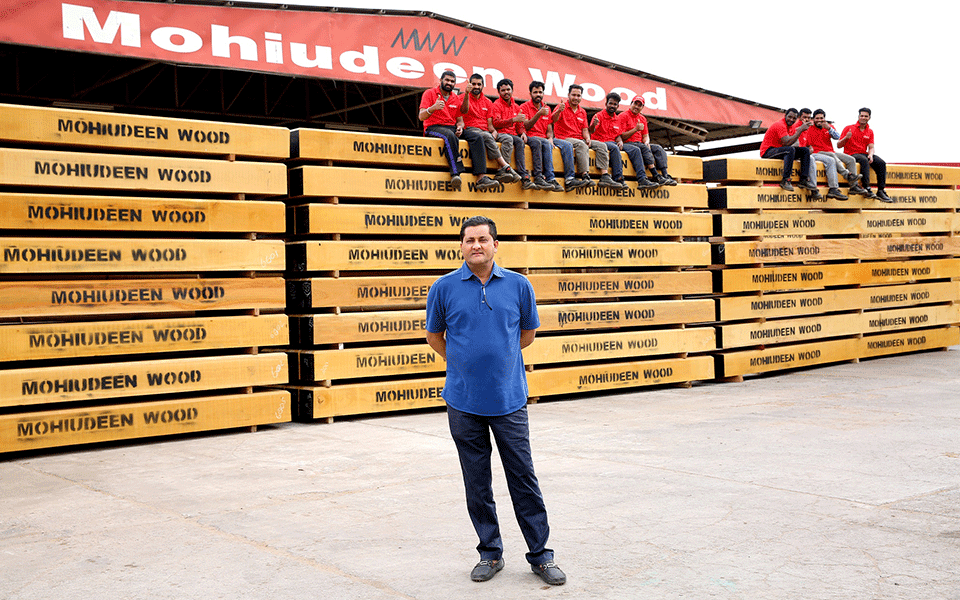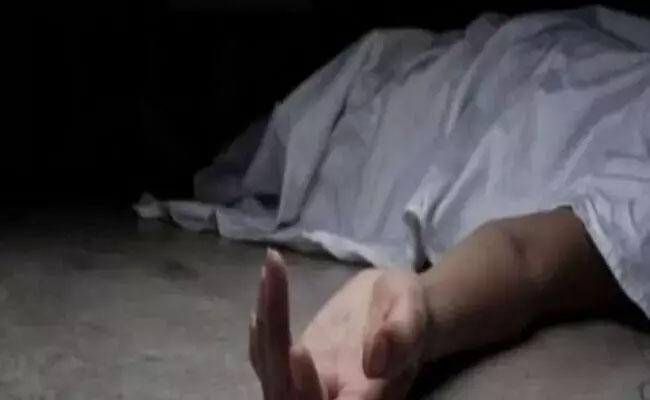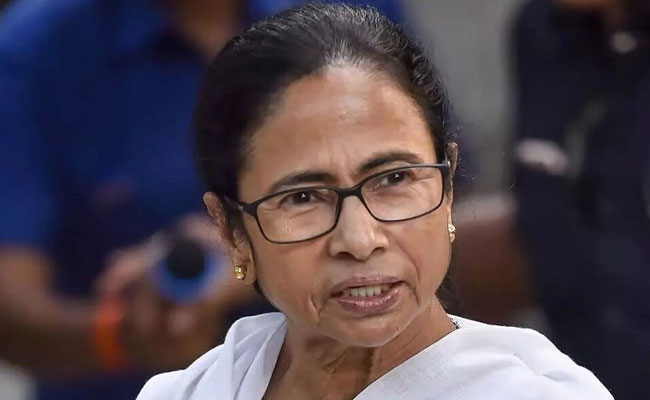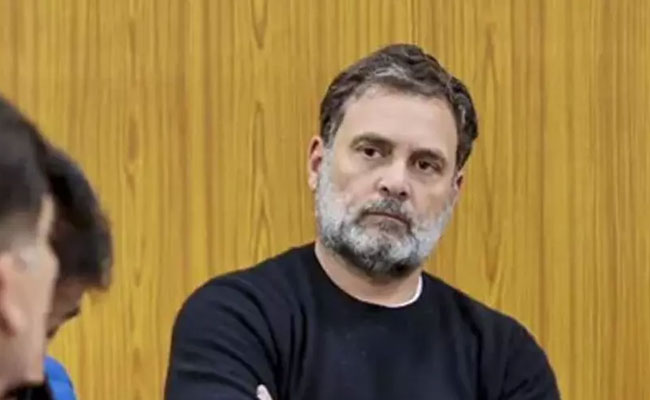Mohiudeen Wood Works Co. LLC (MWW), the oldest sawmilling company and the largest importer of round logs and sawn timber in the Middle East is celebrating its 25th anniversary this year. This is an important landmark in the company’s phenomenal growth from a new sawmill back in 1993, to one of the largest importers of round logs, sawn timber and other forest products in the Arabian Gulf region.
Mr. B.M. Ashraf, Founder and Managing Director of MWW said that the company’s success has largely been possible because of its passion for doing things differently. “Back in 1993 when we set up a saw mill in the middle of the desert, it seemed odd to many people. But in the process we created a new paradigm and celebrated success after success, reaching where we are today,” he said.
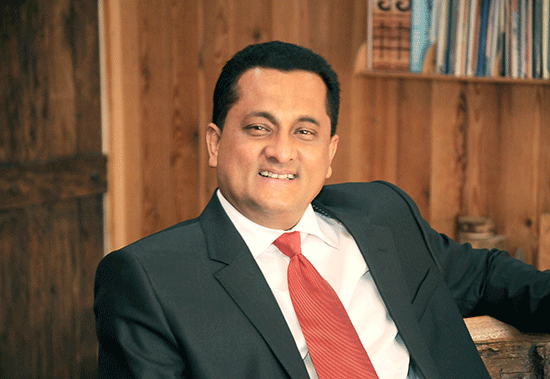
His travels in the early 1980s to source timber from remote corners of globe helped Mr. Ashraf establish numerous supply chains worldwide, at the same time helping him gain invaluable knowledge about the characteristics of various timber species and their applications. It is the insight thus gained that differentiates MWW in the industry.
MWW is sponsored by H. E. Sheikh Dr. Majid bin Saeed Al Nuaimi, Member of the Ruling Family of Ajman and Chairman of The Ruler’s Court of Ajman. Mr. Ashraf remembers the government’s support with gratitude. “We have been able to position ourselves as the leaders of timber and allied products, evolving as the most popular supplier of dimensioned timber and natural forest products in the Gulf region, today. We take pride in the fact that we are largest sawmill in the Middle East as well one of the biggest importers of round logs from all over the world,” he said.
MWW’s expertise has been built on decades of experience and the ability to cater to rising demands of the market, making the company a name synonymous with wood in the region. Growing from strength to strength, MWW’s portfolio of clients currently includes top government entities, the largest oil and gas field development firms, leading ship building companies, the biggest marine dry docks, renowned multinational heavy construction fabrication yards, and landmark infrastructure development contractors.
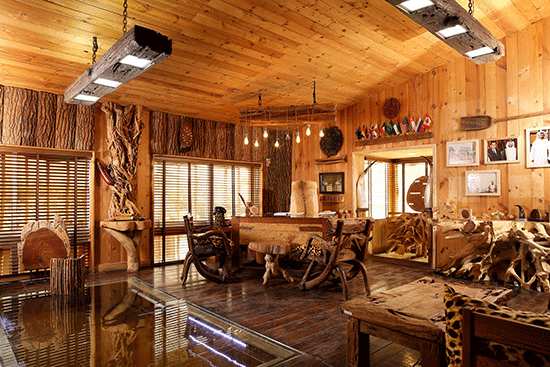
Sourcing and supplying timber for highly specialized requirements is one of MWW’s many unique strengths and their ability to supply exotic species of timber to many historic landmark projects and traditional dhow builders in the Gulf is second to none. At the same time, MWW also advocates the usage of alternate timber species, refusing to be driven by commercial factors alone. Further, they emphasise sustainable practices in sourcing timber, maintaining a healthy balance of the natural forest ecosystems.
The reputation and expanse of MWW built over the years have not only positioned them as a global player in timber trade, but has also opened up countless employment opportunities for skilled professionals in the timber industry. Over the years, a key focal point of MWW’s business strategy has been to develop and maintain long term supply partnerships. For twenty five years now, MWW has been the preferred supplier of special dimensioned timber and allied products in the Gulf. Mr. Ashraf says that while the 25th anniversary is an opportunity to revel in past achievements, it is also an occasion to set new sights and pursue new ambitions of growth and success.
Let the Truth be known. If you read VB and like VB, please be a VB Supporter and Help us deliver the Truth to one and all.
Medininagar (PTI): A couple and their 18-year-old son were allegedly hacked to death over suspicion of practising witchcraft in Jharkhand's Palamu, police said on Sunday.
Their minor daughter was also injured in the attack late on Saturday, a police officer said.
The bodies were recovered from their house on Sunday in Panki police station area, he said.
“Initial investigation suggests that the case is related to witchcraft suspicion,” Manoj Kumar Jha, Sub-Divisional Police Officer (SDPO) of Lesliganj told PTI.
A manhunt is on to nab the culprits, Jha said.
The girl suffered severe injuries and has been admitted to a government hospital, he said.
The deceased have been identified as Vijay Bhuiyan (45), his wife Kalia Devi (40), and their son Chotu Bhuiyan.
The bodies have been sent to Medinirai Medical College and Hospital (MMCH) for post-mortem examination.

